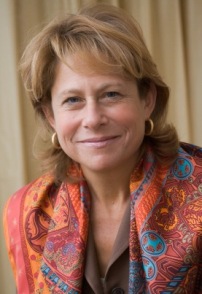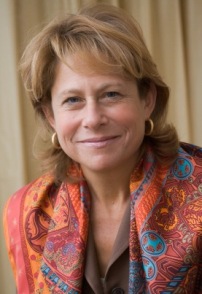Bloomberg Markets magazine brings the inside view of professional investing with unparalleled access to the most influential people in global business and finance.
Security guards and federal police have allegedly shot and killed people scavenging the waste rock at Barrick Gold’s North Mara mine in Tanzania
(Bloomberg) — Barrick Gold Corp.’s North Mara mine near the Tanzanian border with Kenya disgorges millions of pounds of waste rock each week, piled high around communities where almost half the people live on less than 33 cents a day.
Children in school uniforms scurry across the rubble to reach their classes. Women with water pails atop their heads skirt past the heaps. The piles grow as the longest bull market for gold in at least 90 years pushes Barrick, the world’s largest miner of the precious metal, to increase production.
Villagers, too, are hunting the ore on the North Mara land that their ancestors worked for decades, sometimes paying with their lives.
Security guards and federal police allegedly have shot and killed people scavenging the gold-laced rocks to sell for small amounts of cash, according to interviews with 28 people, including victims’ relatives, witnesses, local officials and human-rights workers.





























